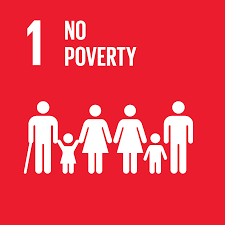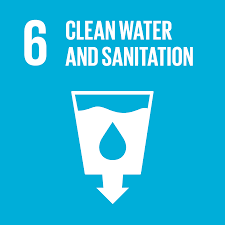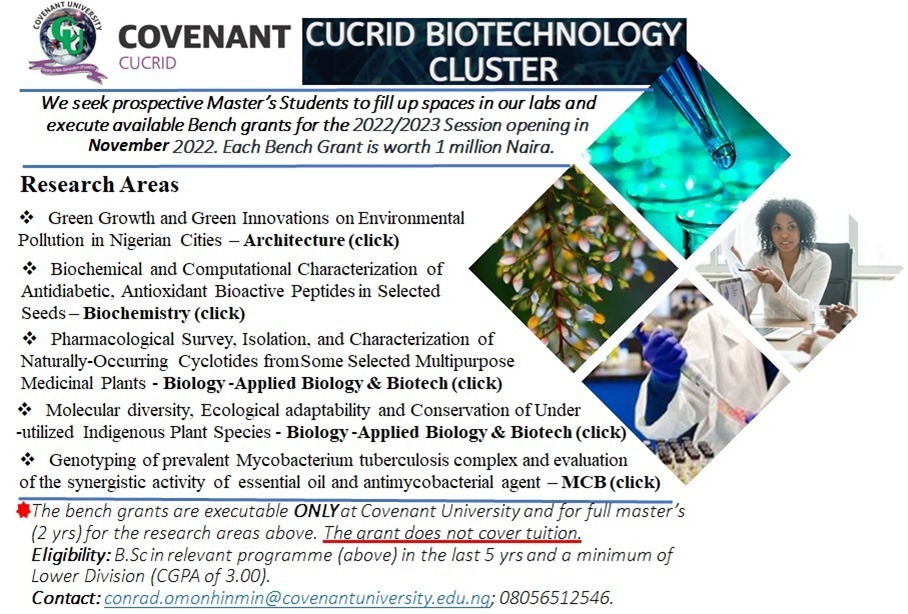CUCRID BIOTECHNOLOGY CLUSTER
- Background
- Objective
- Executive
- Engagement
- Sub Clusters - Research Focuses
- Cancer Science, Genomic diversity and Nascent oncology
- Environmental Management and Health (EIA, Remediation, Radioactivity, Monitoring) Ecotoxicology and Pollution studies.
- Epidemiology, Infectious diseases and Microbial Ecology.
- Microbial Genetic Diversity/Genomics, Systematics, Conservation and Utilization
- Functional foods, Nutraceuticals, Food Safety and Hygiene.
- Renewable energy, Environment and Life Cycle Assessment.
- CRISPR Science
- Phyto-medicine, Toxicology and Health (Environmental, industrial).
- Green Science, Environment and Structures, Green Economy.
- Plant Genetic Diversity/Genomics, Systematics, Conservation and Utilization.
- Product Discovery, Development, Optimization and Emerging fields
- SDGs alignment
BACKGROUND
The Biotechnology Cluster was created to harness the potential of faculty and researchers in the area of biotechnology and related fields within the university and beyond through collaborations, and relations to carry out interdisciplinary and multidisciplinary research.
OBJECTIVES
- To engage in cutting-edge research in all aspects of Biotechnology.
- To drive society-centered, industry-driven, and holistic research for proactive outcomes that will affect society and answer questions of industrial relevance and promote the lasting industry research relationship.
- To pursue product-focused research that is relevant to national and global focus, such as global SDG goals.
- To drive research-based collaborations that promote cutting-edge, product-based, society-centered and industry-driven research of national and global relevance.
- To transmit research knowledge for research-based pedagogy that will students and curricula improvement.
CLUSTER EXECUTIVES
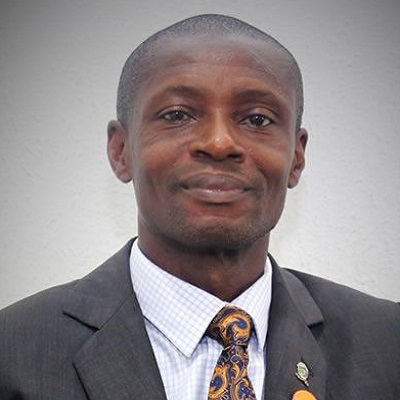

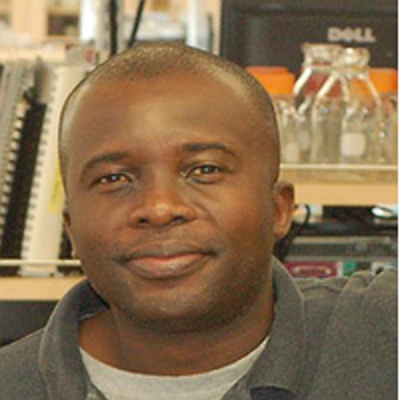
ENGAGEMENTS
The cluster since its inception has been actively involved in local and national collaborations; with organizations such as the Biotechnology Society of Nigeria (BSN), NAFDAC, IITA and the Society for Underutilized Legumes (SUL), and several others for national development through hosting of conferences, workshops and seminars. In addition, the cluster has engaged international establishments like the VSR Int'l Ltd, South Korea and Total Refining & Chemicals - Polymers Europe in collaborative efforts toward research and product development in the health, cosmetic and environmental industry. The cluster has pursued empowerment initiatives towards hunger reduction in her vegetable cassava project, beverage and specialized meal development efforts, resulting in products of industrial relevance.
The cluster in her projections will be pursuing research and collaborations with a number of national and global bodies to harness and promote our biodiversity and genetic heritage in the research that targets such areas as; fermentation microbes, orphaned crops, mosquito and weevil projects. In addition, the cluster is geared toward developing products like the rapid diagnostic tool for malaria testing, while projecting for industrial acceptance of existing products within the cluster’s closets.
The cluster has contributed to the global vision of the university through a steady scholarly publishing output. It boasts of a considerable number of postgraduate students and its membership cuts across the colleges in the university.

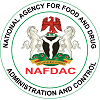
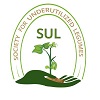

SUB CLUSTERS - RESEARCH FOCUS
The Cluster’s core research focuses include:
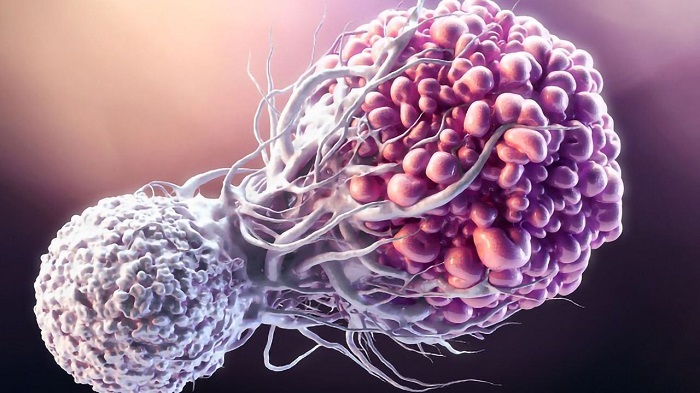
Cancer Science, Genomic diversity and Nascent oncology
Geared toward research and solutions on cancers, the research team is particularly interested at present in prostate cancer.- Metabolic enzyme variants in Nigerian cancer patients
- Use of CAM in the management of cancer in Nigeria

Emeka Iweala Ph.D
Team Lead

Environmental Management and Health (EIA, Remediation, Radioactivity, Monitoring) Ecotoxicology and Pollution studies.
The team researches are on ecotoxicology and environmental health. Remediation using improved fungi and bacteria actors, pollutants and pollutant behaviour and radioactivity interaction with organisms.

Obinna Nwinyi Ph.D
Team Lead
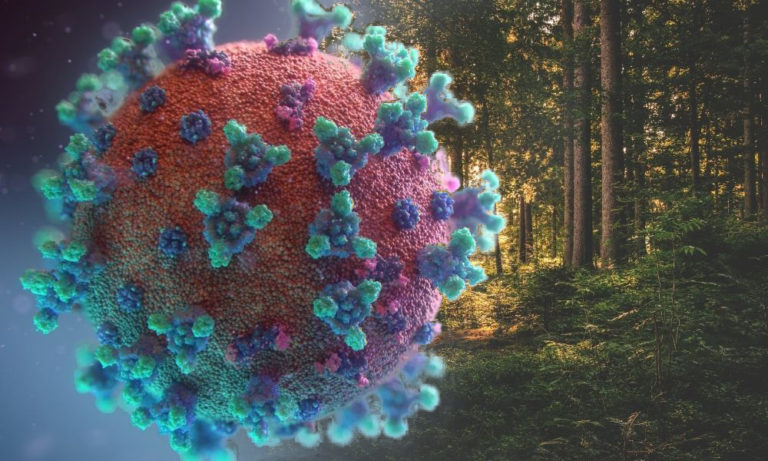
Epidemiology, Infectious diseases and Microbial Ecology.
The research is on the epidemiology of prevalent and emerging infectious diseases as well as the ecology and molecular studies of the causative agents of such diseases.

Grace Olasehinde Ph.D
Team Lead
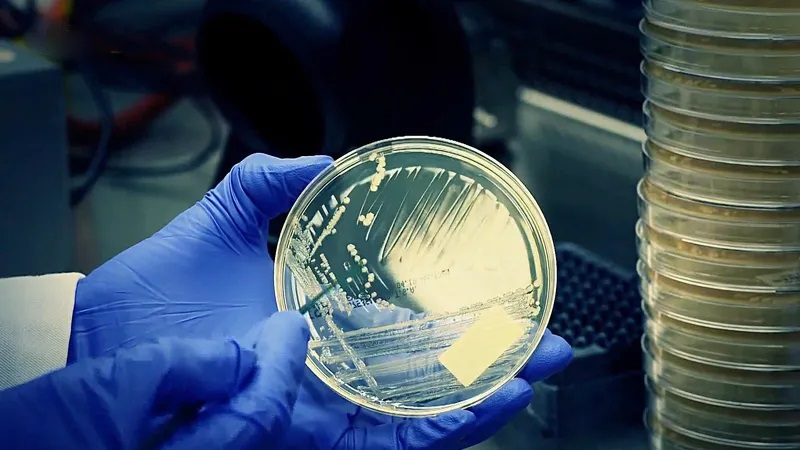
Microbial Genetic Diversity/Genomics, Systematics, Conservation and Utilization
Microbial genetic diversity and genomic systematics of health and food-related microbes and the effort to conserve the novel traits and application to improve organisms and product utilization is the major focus here.

Paul Akinduti Ph.D
Team Lead

Plant Genetic Diversity/Genomics, Systematics, Conservation and Utilization.
The team focuses on the genetic diversity, genomic systematics and molecular conservation of plants, particularly indigenous and underutilized plants for improved breeding, and utilization.

Conrad A. Omonhinmin Ph.D
Team Lead

Renewable energy, Environment and Life Cycle Assessment.
Biomaterial-based energy product generation and improvement and Life Cycle Assessment of the outcome are the key research of this team.

Ayodele Ayoola Ph.D
Team Lead

Phyto-medicine, Toxicology and Health (Environmental, industrial).
Phyto-medicine product generation, plant augmentation via molecular means and organisms’ toxicology and health are the key focuses of this team.
Team Lead: Abiodun Adebayo Ph.D, Banke Ogunlana Ph.D.

Green Science, Environment and Structures, Green Economy.
The team focuses on green chemistry as it relates with biotechnology and organisms’ improvement for a wide range of applications; green Innovations on environmental pollution management and wellbeing.
Team Lead: Noel Ekhaese Ph.D, Winnifred Anake Ph.D

Functional foods, Nutraceuticals, Food Safety and Hygiene.
Probiotics organism augmentation, nutraceutical molecular farming, and safe food products are key research focuses of the team.
Team Lead: Noel Ekhaese Ph.D,, Winnifred Anake Ph.D.
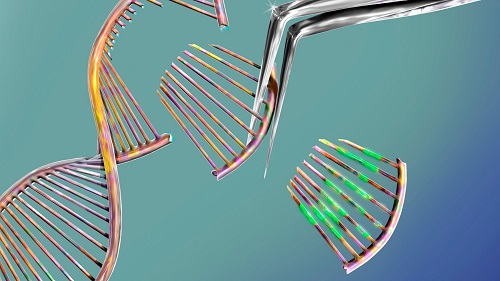
CRISPR Science
The team focuses on Bacteria CRISPR Virus Target (B-CRISPR-VT) for Engineering the expression of ACE2 binding receptors for SARS-Cov-2 glycoproteins.
Team Lead: Conrad A. Omonhinmin Ph.D, Xigma Research
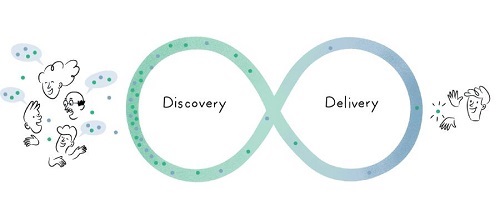
Product Discovery, Development, Optimization and Emerging fields
The cluster’ along with the CUCRID pursues product development and optimization from it research outputs to reach the industry.

Frank Ahuekwe Ph.D.
Co-ordinator
SDGs alignment
The cluster’s research focuses are aligned, albeit not exhaustively to the following SDGs
